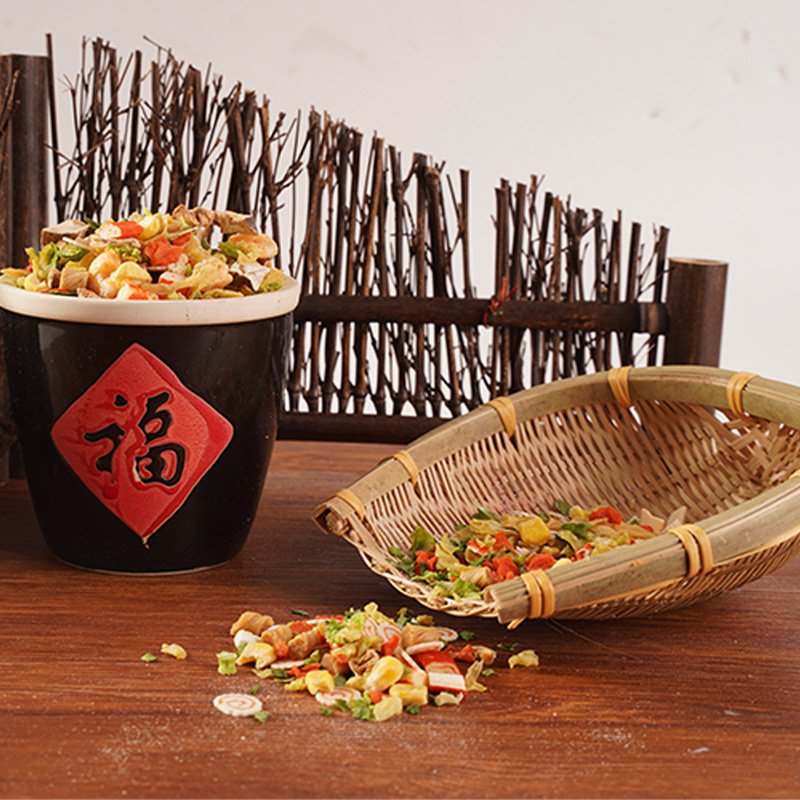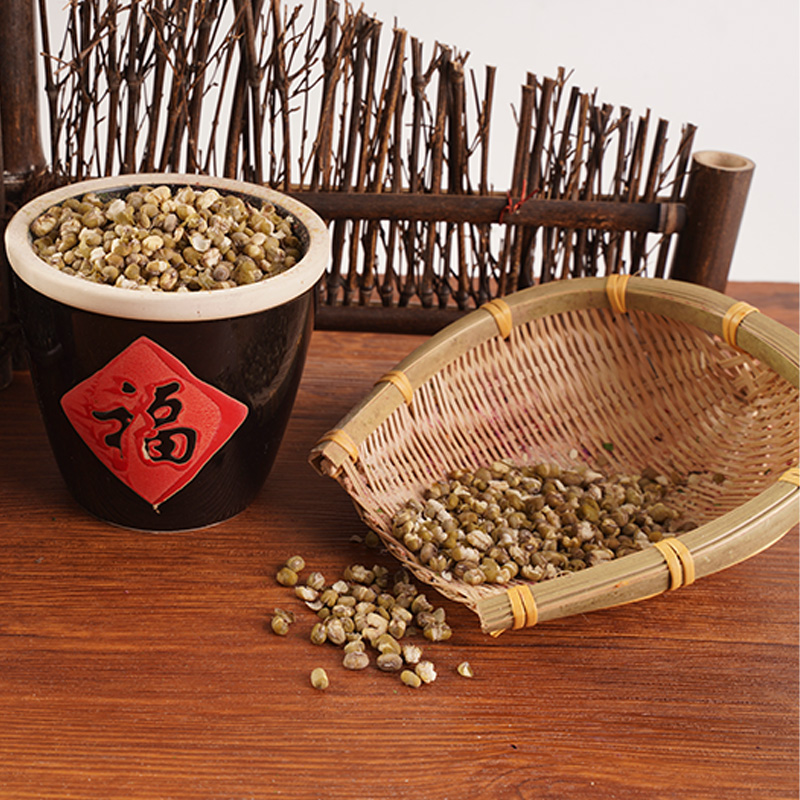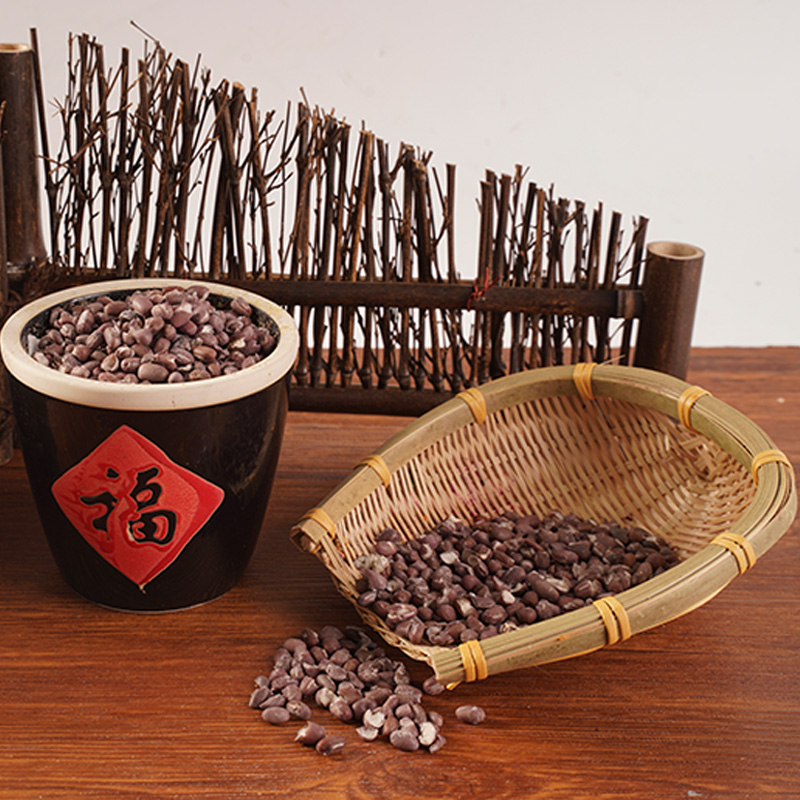The Impact of China’s 2025 Tariff Hike on the U.S. and Its Ripple Effect on the Dehydrated Vegetable Industry
In 2025, China’s decision to increase tariffs on certain exports to the U.S. has sent shockwaves through global trade, particularly affecting the agricultural sector. Among the most impacted industries is the dehydrated vegetable market, a key segment where China dominates global supply. This move has prompted Western buyers to accelerate stockpiling, fearing potential shortages and price surges.
China’s Dominance in the Dehydrated Vegetable Market
China is the world’s largest producer and exporter of dehydrated vegetables, supplying over 60% of global demand. Products such as dried onions, garlic, carrots, and bell peppers are widely used in food processing, ready-to-eat meals, and retail markets across the U.S. and Europe. The new tariffs—part of broader trade tensions—threaten to disrupt this supply chain, forcing Western importers to reassess their procurement strategies.
Immediate Effects: Rising Costs and Supply Chain Adjustments
The tariff increase has immediately raised costs for U.S. importers, who now face two choices: absorb the higher expenses or pass them on to consumers. Given the already strained inflation situation in Western economies, many businesses are opting to secure inventory before prices climb further. This has led to a noticeable uptick in bulk purchases, with European and North American distributors rushing to lock in contracts.
Western Stockpiling: A Preemptive Response
Anticipating prolonged trade friction, major food processors and retailers are building reserves of dehydrated vegetables. Industry reports indicate a 20-30% increase in orders from U.S. and EU buyers in early 2025 compared to the previous year.
Long-Term Implications
If tariffs persist, the dehydrated vegetable industry may see lasting shifts:
Price Volatility: Short-term hoarding could lead to artificial shortages, followed by potential price drops if demand cools.
Supply Chain Diversification: Western buyers may invest in alternative sourcing, though rebuilding supply networks will take years.
Consumer Impact: Processed food prices could rise, affecting everything from soups to frozen meals.
China’s tariff escalation has underscored the fragility of global food supply chains. While Western stockpiling may mitigate immediate disruptions, the dehydrated vegetable market is entering a period of uncertainty. Businesses must weigh short-term survival tactics against long-term strategic shifts—all while consumers brace for the ripple effects on their grocery bills.
News Category
- Company News(1)
- Industry News(79)



 English
English русский
русский 日本語
日本語 한국어
한국어 中文简体
中文简体












